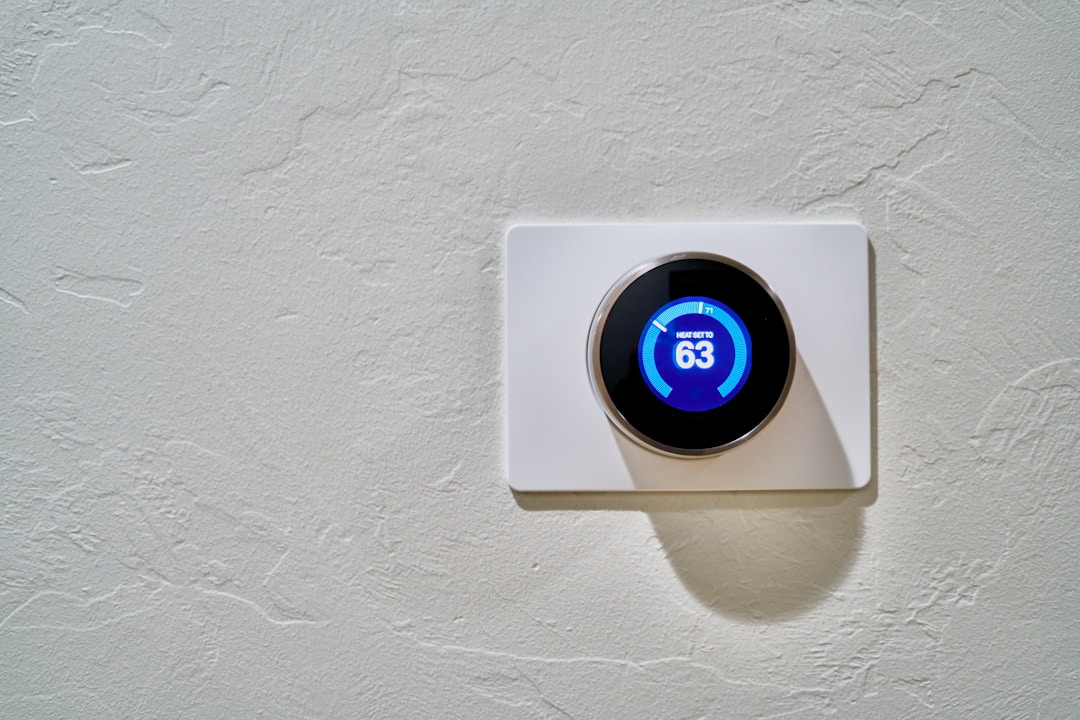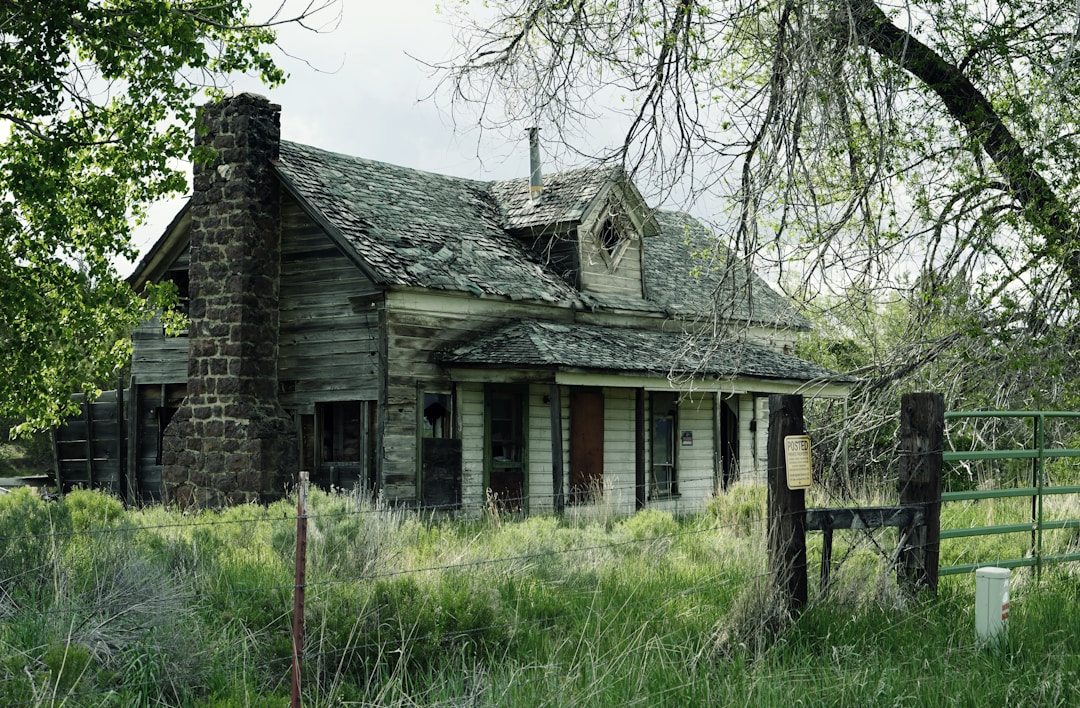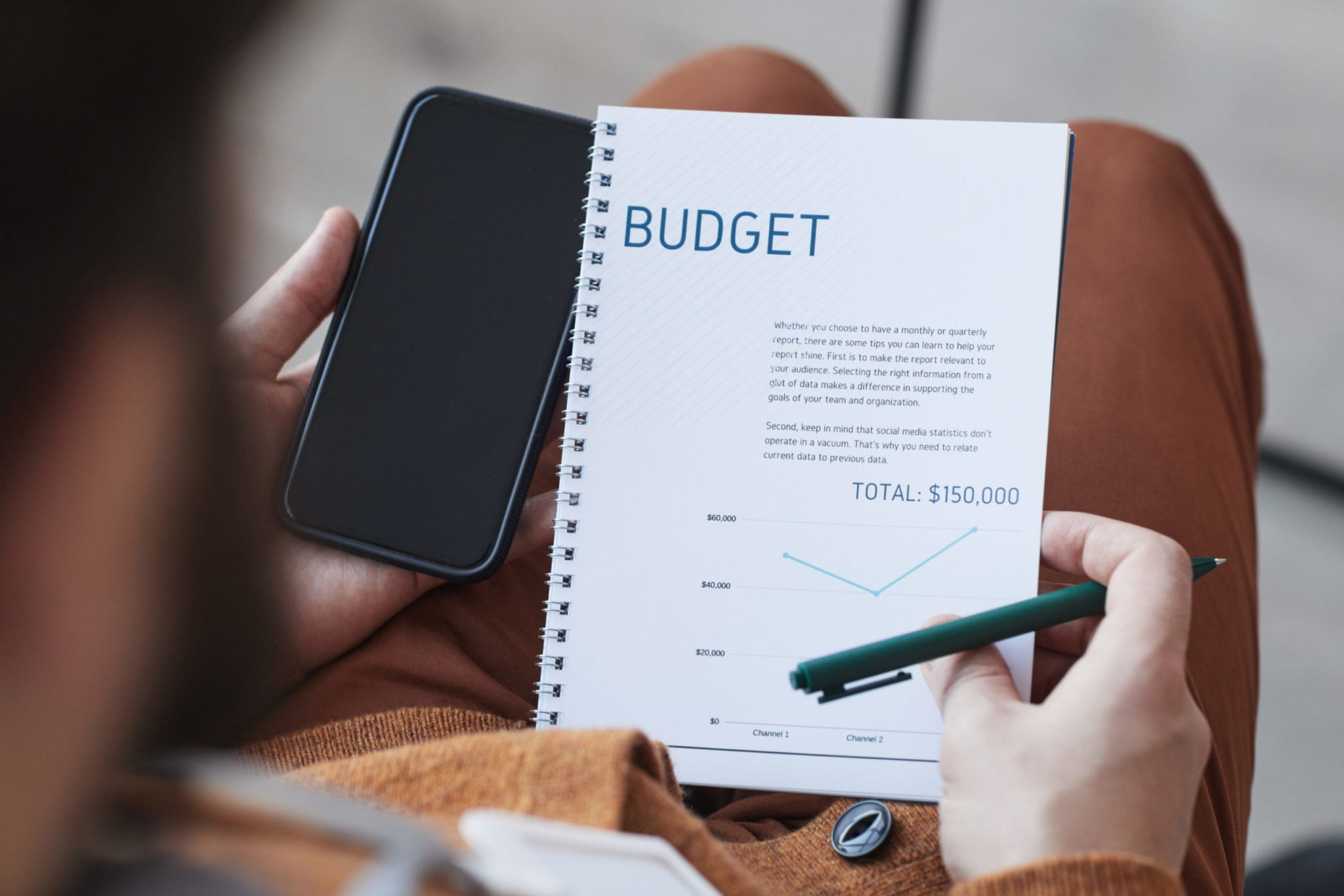Your lifestyle and budget can be severely impacted by unexpected expenses. While planning for routine costs such as your mortgage and property taxes is straightforward, determining how much money you’ll need for home maintenance can be challenging.
Home maintenance costs vary based on the age of your home and the home’s condition. As a homeowner, you need to be prepared to pay for routine maintenance expenses, such as lawn care, and emergency repairs, such as a plumbing leak. Let’s look at some general advice for budgeting for regular maintenance and the benefits of investing in preventative maintenance.
Use math to create a maintenance budget.

You should have an annual maintenance budget to cover the costs of routine maintenance and emergency repairs. Experts recommend a budget equal to 1 percent of the purchase price of your house. If you spent $300,000 on your home, you’d allocate $3,000 per year to regular maintenance.
Produce a list of essential preventative maintenance tasks and contact experts to establish a budget.

As a homeowner, you’re responsible for covering the cost of heating, ventilation, and air conditioning (HVAC) system repairs and maintenance. Your home’s HVAC system is essential. Suppose your heater breaks down during a cold snap this winter. Your home wouldn’t be habitable, and pipes could freeze and burst, causing extensive property damage and increasing your repair costs.
Homeowners should contact an HVAC company and have them service their furnace before winter and check the air conditioner before summer. Annual preventative maintenance on your heating system will lower your bill. Your HVAC unit won’t work as hard to adjust your home’s air temperature if you have the ducts cleaned biannually and replace air filters regularly. Certified HVAC technicians will also replace worn parts, reducing the chances your system will break down when you need it most. You’ll benefit from annual preventative maintenance by enjoying lower energy bills, and your HVAC system will last longer, reducing your replacement costs.
Add funds for unexpected repairs.

Some repair and replacement costs are unavoidable, such as replacing your home’s siding or repainting its exterior. Working with the top house painters in Phoenix ensures you’re benefiting from the services of a painting company with years of experience working with stucco exteriors. You’ll work with a color consultant to ensure you get an exterior paint color you like, and expert painting companies will also contact your homeowner association (HOA) to ensure their work complies with HOA regulations. Working with a reputable company ensures you won’t have to worry about repainting anytime soon, and the work’s guaranteed with a warranty that lasts seven years.
Other factors can affect your maintenance budget.

Allocating 1 percent of your home’s purchase price for annual maintenance is a reasonable way to estimate annual expenses, but other factors could affect your actual costs. Your home’s size will affect your maintenance costs because it costs more to replace the roof or siding on a larger home, as it takes longer and requires more materials. Your home’s age is another factor. Suppose you bought an older home that hadn’t been maintained. Lack of routine HVAC maintenance could cause breakdowns and increase your repair costs. However, if you purchased a newer home, you may have minimal expenses for the first few years.
Maintain your maintenance budget even if your current annual expenses are less than expected. Reserving this money can help offset costs when you have emergency repairs. You should also anticipate replacement costs and add funds to your annual maintenance budget to cover the costs of replacing appliances and critical systems. You can also conserve costs by investing in a home repair warranty plan to cover maintenance and repair costs.
Although experts recommend 1 percent of your home’s purchase price as a reasonable annual maintenance budget, other factors can affect the actual costs of annual maintenance. Consider your home’s age, condition, and size when establishing your budget.









